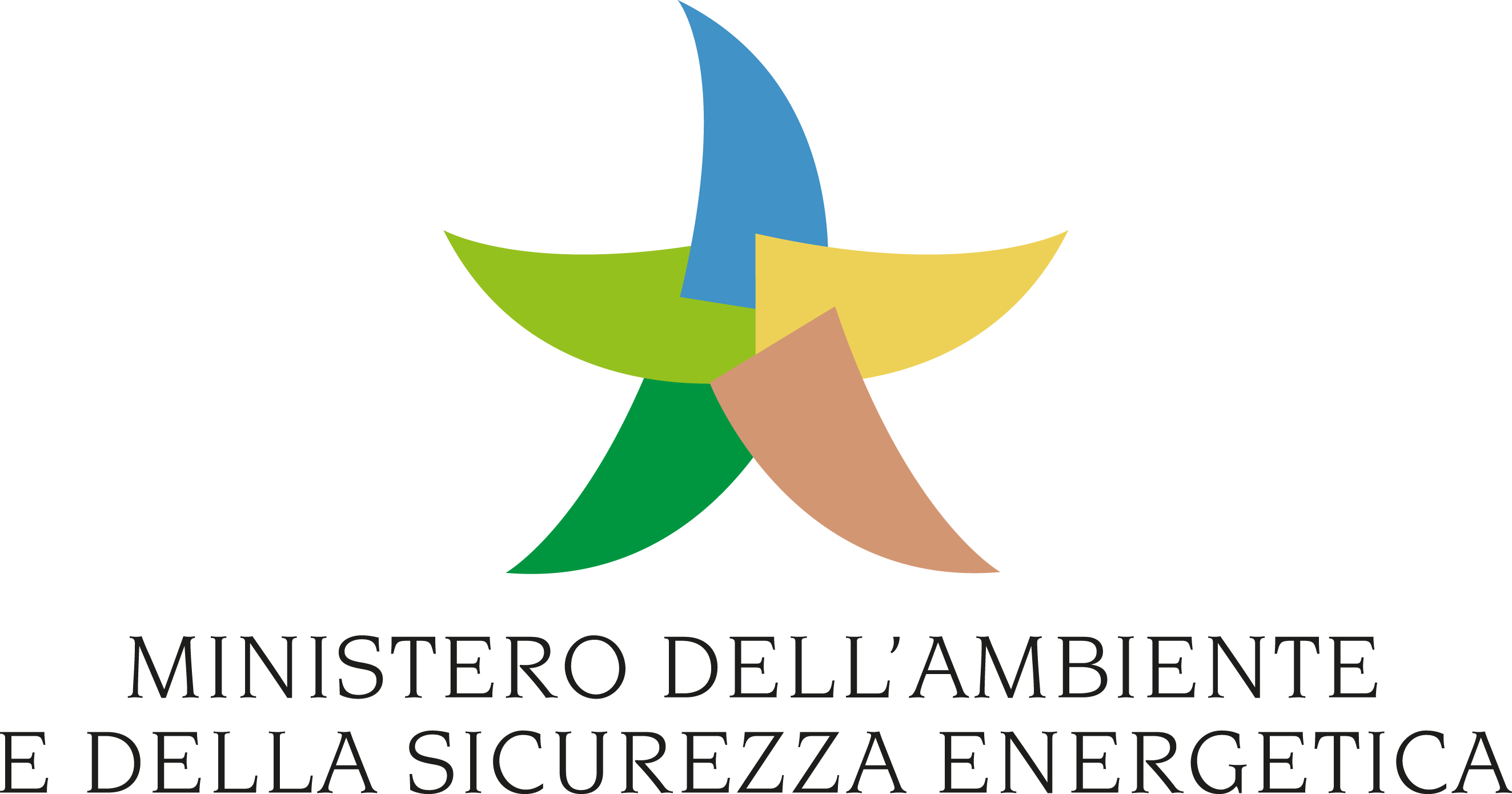This study on Poland is part of the World Bank’s series of low-carbon growth studies. It poses the question of how Poland, an EU member state, an industrialized ‘Annex I’ country for the purposes of international climate discussions,1 and an OECD member, can transition to a low emissions economy as successfully as it underwent transition to a market economy in the early 1990s.
This book analyzes the risks to Nigeria's development prospects that climate change poses to agriculture, livestock, and water management. These sectors were chosen because they are central to achieving the growth, livelihood, and environmental objectives of Vision 20: 2020; and because they are already vulnerable to current climate variability. Since other sectors might also be affected, the findings of this research provide lower-bound estimates of overall climate change impacts.
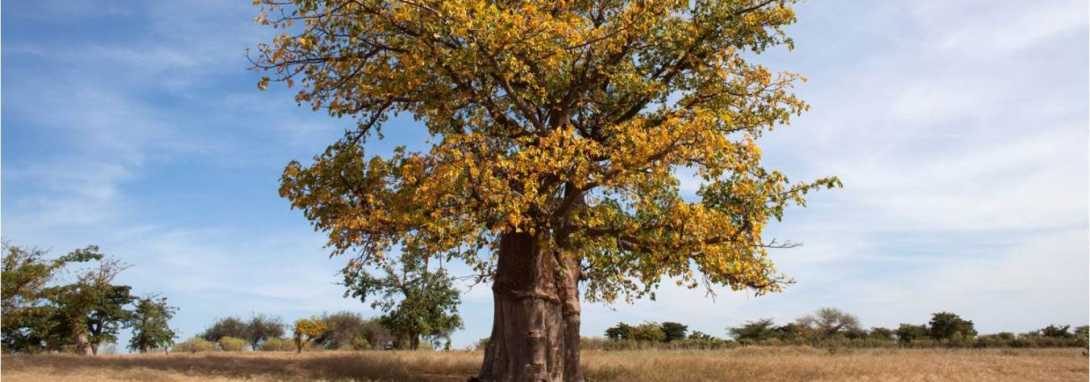
In Africa, land is our source of wealth, a source of life. But two-thirds of the continent is desert or drylands and nearly three-fourths of the land is degraded and exposed to a changing climate. This means hunger and poverty for 700 million people. Where will we find the land to feed the world? We need solutions, and we need them now.
TerrAfrica, an African driven initiative, is part of the solutions. This partnership addresses land degradation in Sub-Saharan Africa by supporting innovative solutions that sustain landscapes and increase countries resilience to a changing climate.

Burkina Faso, North. Yacouba Sawadogo, a 60 year-old Burkinabe farmer who has led an economic and environmental transformation in his community’s corner of the Sahel by replanting his own forest. He is known as “The Man Who Stopped the Desert”, as in the title of a 2011 documentary on his 38 years of recreating the forest. Photo: Andrea Borgarello/TerrAfrica
"The World Bank has supported the use of sustainable land and water management practices in Africa as they help deliver more secure livelihoods, economic growth, less hunger, adaptation and mitigation to climate change," said Magda Lovei, Sector manager in the World Bank Sustainable Development Network for the Africa region. "Our new President, Doctor Kim, has asked us 'What will it take to end poverty?' Well, ending land degradation would take as a big step toward that goal. We need to find and scale up solutions, and strengthen our partnerships like TerrAfrica to advance our shared goals of combating land degradation in Africa."
TerrAfrica has partnered with Connect4Climate on building a community, leading a campaign, and fostering a coalition that cares about climate change. Through this partnership, TerrAfrica leverages Connect4Climate's online community which provides a participatory, open knowledge platform to engage youth community in a climate change discussion. Together, TerrAfrica and Connect4Climate launched the Voices4Climate competition to invite young people to submit photos, videos, music videos, and podcasts that tell powerful climate change and sustainable land and water management stories. The Snap it. Sing it. Shoot it. Say it. Competition kick starts an interactive dialogue amongst African youth and gives them a voice in the global climate change conversation.
The two winners of the TerrAfrica Podcast category were invited by TerrAfrica to COP 18 in Doha where 190 nations met to find solutions to climate change issues. "The interaction we had with fellow journalists, the interviews conducted, and the plenary sessions attended broadened our horizons in covering climate change and environment issues within our countries and across the world," said Pilirani Tambala, one of the winners working for Zodiak Broadcasting System in Malawi. Look for more information on their winning entries and their trip to Doha in Wednesday’s blog post.
COP18 was also an opportunity to present the World Bank Drylands and Adaptation to Climate Change Agenda. The new the World Bank/GEF Sahel and West Africa Program in Support of the Great Green Wall is an example of initiative supported by TerrAfrica as it strengthens a country-driven vision for sustainable and climate-resilient development in 12 African countries.

Ethiopia, Tigray region: Women on a break after working at the tree nursery part of the World Bank funded Sustainable Land Management Program. Photo: Andrea Borgarello/TerrAfrica
In Africa, the integrated challenge of land degradation and climate risk requires an integrated solution. Sustainable land and water management practices have been proven at small scale, but are often neglected in national strategies due to the highly fragmented nature of land related institutions, lack of knowledge sharing, and minimal investments. Single sector approaches, isolated projects, and individual institutions cannot sufficiently address the multidisciplinary challenges posed by land degradation and climate change.
TerrAfrica partners like the World Bank have helped make durable progress by promoting country-led, multi-stakeholder coalitions that identify and promote good practices, harmonize policies, share knowledge, make domestic and international financing more efficient, and ultimately, strengthen the ability of land users, farmers and herders to individually and collectively reduce land degradation and climate risks.
Iniciativa de Comunicación para el Desarrollo Sostenible - ICDS Comunicación para la Innovación y el Desarrollo Rural en el ANMI-PNA del Municipio Yapacaní.
Les mesures environnementales pour le développement durable liées à l’adaptation au changement climatique, à la gestion des bassins versants, à la gestion des risques de catastrophes, au développement territorial participatif, etc., nécessitent la mise en place de processus, d’outils et de méthodes de communication pour la sensibilisation, le partage des connaissances et la participation communautaire.
Communication is a key to promoting sustainable development. Communication for Development or ComDev, an approach applied by FAO that combines a variety of participatory communication processes and tools, ranging from rural radio to the Information and Communication Technologies (ICTs), is central to this task.
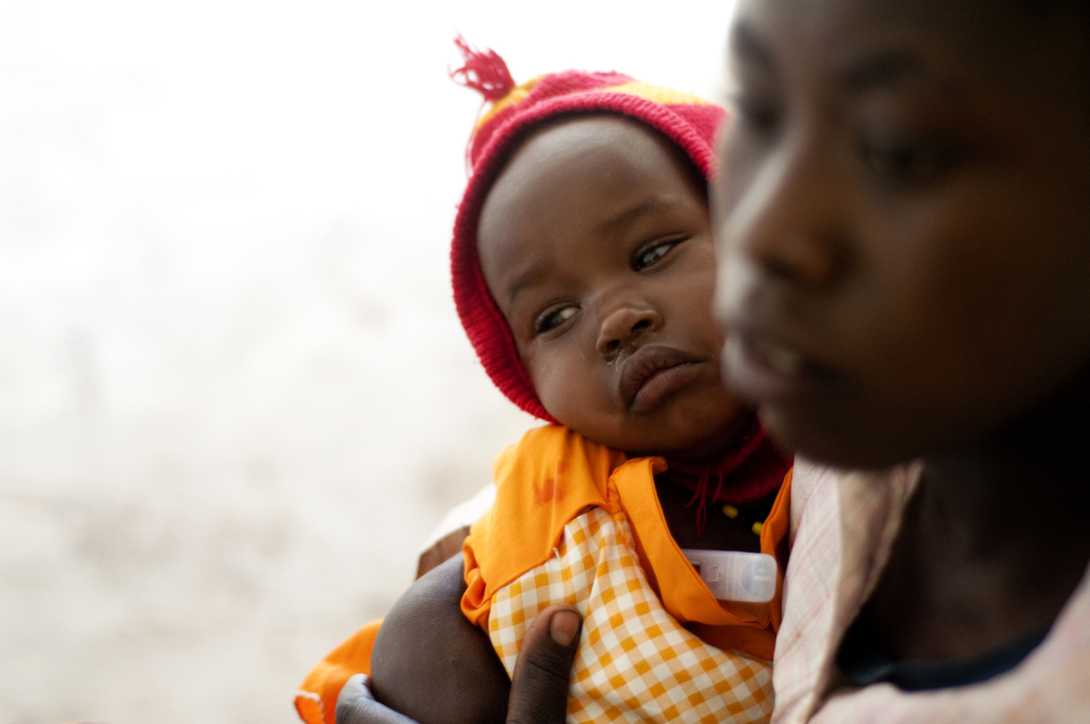
One of great things the Connect4Climate team loves, is running into the wonderful grassroots "green" initiatives around the world.
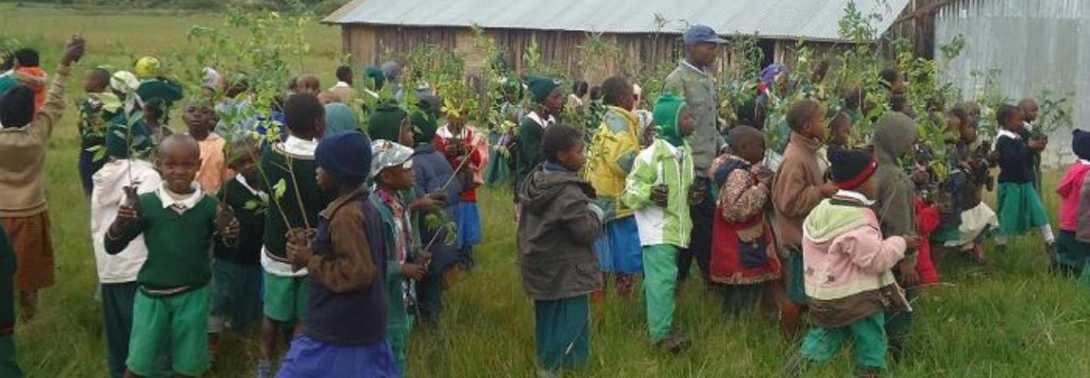
It was certainly a challenge after receiving so many fantastic entries, but the Connect4Climate Weekly Competition panel of judges has reached a decision! Congratulations to James Kamau Wangu in Kenya! We will be mailing your solar backpack to you shortly!
[video:https://vimeo.com/109855524?byline=0]
Hundreds of youth sent in their climate change films from more than 70 countries around the world. After taking on the difficult task of selecting only a handful of these powerful stories, the Action4Climate jury has reached its final decision and selected the award-winning films.
Learn more about the competition on Action4Climate.
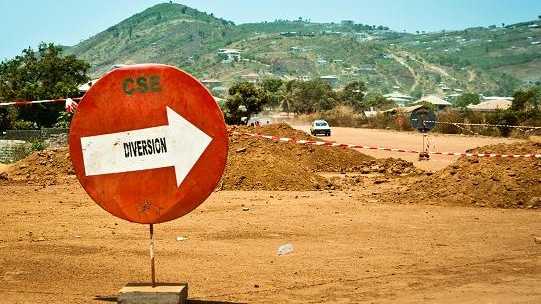
My country Sierra Leone, meaning Lion Mountain has a tropical climate because of its proximity to the equator. Well watered with strong annual rainy seasons, it is considered one of the most humid countries in Africa. The land is blessed by the Atlantic Ocean on the West and Southwest shores. Mangrove swamps, wooded hill country, and beautiful mountains grace the East.
The country enjoys two separate seasons, dry and wet. When I was growing up in Koidu Town, Sierra Leone, the seasons lasted for six months each, but this has tremendously changed in the last couple of years. It was recently determined that the dry season now lasts only 3 months, from December through February. This new pattern is credited to the impact of Climate Change, which causes a subsequent change in the countrys climate. This has greatly impacted the pattern of the countrys seasons, and if urgent action is not taken by the government to mitigate its effect, a socio-economic and political price will be paid.
There is insufficient daily data available to determine the temperature extremes; there is, however, data that significantly indicates increasing trends in the frequency of hot nights. The average number of hot nights per year increased significantly between 1960 and 2003. There has been a decrease in heavy rainfall after 1960, and it had been difficult to establish if this was part of a long term trend. The rainfall record is determined by wetter and drier periods. For example, the 60s and late 70s were particularly wet, whilst the early 70s and 80s were very dry. Rainfalls in 2005 and 2006 have been have also been very low.
The vast majority of the population in the city and provinces heavily relies on the countrys natural resources for its economic base. The country is highly dependent on mining - especially diamonds. This is mainly done in Koidu town, where I grew up, and rumor is that besides diamonds, the country is likely to become a significant iron ore, gold and oil producer.
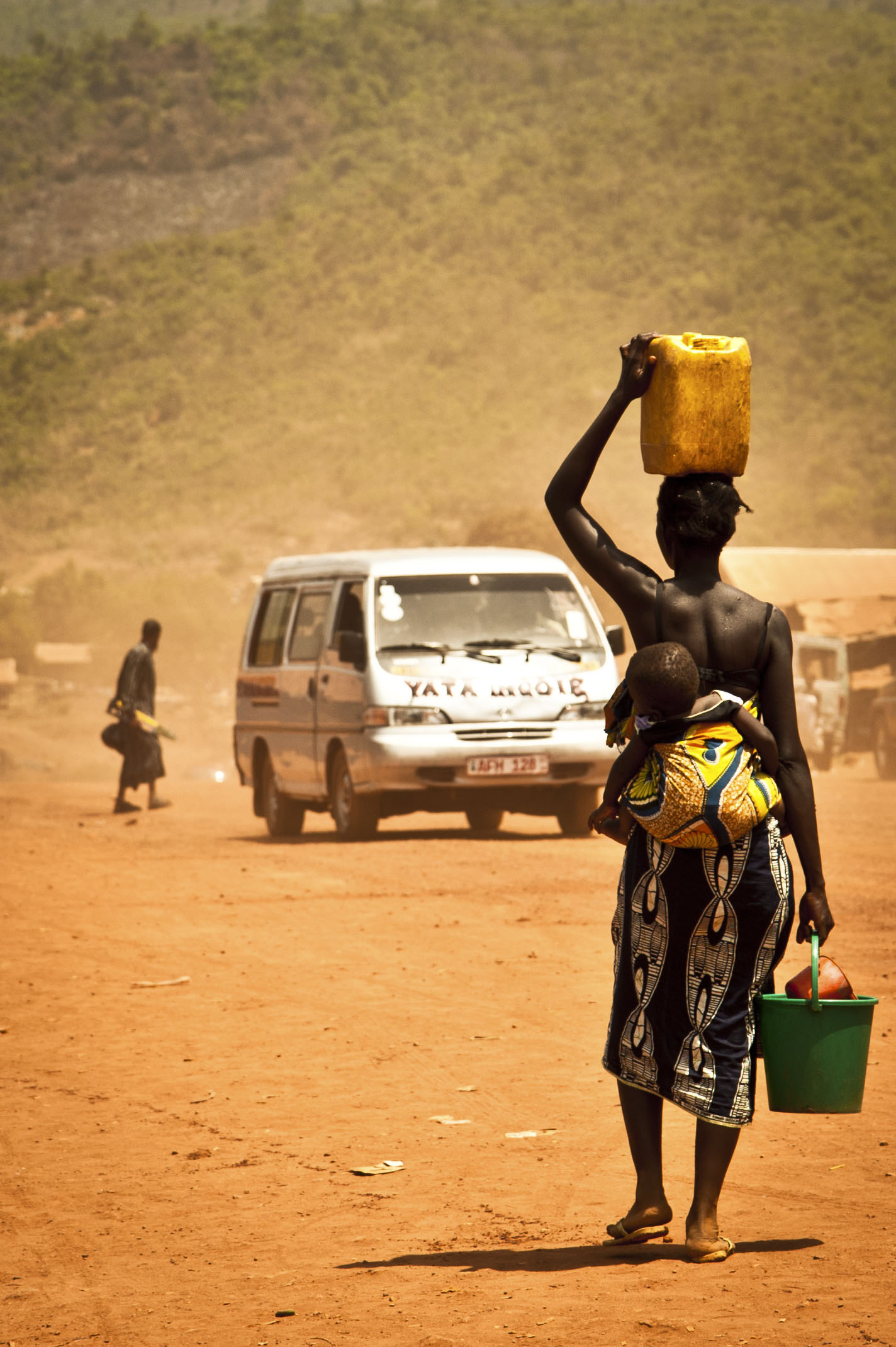
Photo by Eduardo Arraes
The people of Sierra Leone also rely on natural resources such as land to grow food. The country is blessed with one of the most fertile lands in West Africa. As kids in a family of over thirty brothers and sisters, each one of us had his or her own little garden, we grew corn, pepper, etc. There is planter of water, but this is threatened by population growth (increase in population include displacement caused by Civil War) and the rising demand from agribusiness and deforestation causing soil erosion. There are threats to our beautiful inland valley swamps and the rich forests. One of the problems our forests are now facing is that only 4 percent of the original forest cover remains and few areas are protected. And last but not the least, fish. The country has plenty of it. Fish are our livelihoods . All of the natural resources face challenging pressures because of Climate Change.
The weather pattern in Sierra Leone, like most of Africa is experiencing a change in its climate. This change results in extreme weather events such as storms, floods and droughts with hostile impacts on the socio-economic fabric of the country. This in turn leads to disruption of agricultural activities, increase in water-borne diseases, such as malaria and cholera, and the loss of lives.
Businesses, decision makers, and politicians should come together to discuss climate change. Full understanding of this issue is needed so proper decisions that could lessen all damages that arise from the effects of the weather could be made. Delays from inaction or placing practical policies in environmental protection and sustainable development will cause a lot of harm to the country.
With this in mind, the government needs to undertake climate change related actions very seriously and the people can assist by encouraging government to fulfill their obligations on the subject of climate change.


